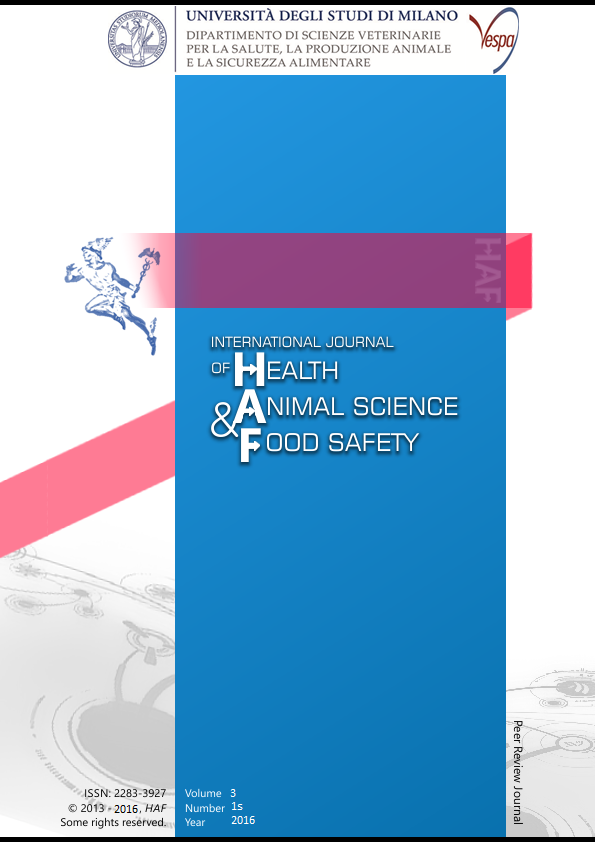Abstract
Plant based vaccines provide an instructive opportunity for immunologists. We have developed a plantbased
oral vaccine against verocytotoxin–producing E. coli (VTEC) in piglets (Rossi et. al 2014). We
engineered two independent lines of Nicotiana tabacum plants for the seed-specific expression of VTEC
antigens, represented by the major subunit FedA of the F18 adhesive fimbriae and the B-subunit of VT2e
toxin respectively (Rossi et. al. 2013). Edible vaccines in particular are of interest as they are able to
stimulate the mucosal immune system to produce secretory IgA (S-IgA) at mucosal surfaces and,
potentially IgG in the blood. The quality of the antibodies, such as avidity, should be considered in
evaluating the efficacy of these vaccines. To develop this area, we determined avidity (strength of
antibody-antigen binding) of IgG to the capsule of another mucosal pathogen, Streptococcus
pneumoniae. Using pneumococcal capsule-specific IgG human monoclonal antibodies (hMAb) cloned
from single cells of a subject immunized with pneumococcal vaccine, we defined serotypes specificity
and the avidity of these antibodies with ammonium thiocyanate (0, 4M, 2M, 1M 0.5M 0.025M)
dissociation. IgG with lower avidity to the capsule are dissociated at lower NH4SCN levels, whereas IgG
with higher affinity require higher levels. We identified a range of avidities for 11 hMAB’s (range X-Y
MNH4SCN). We will evaluate the avidity of antibodies after immunization with edible vaccines against
VTEC strain in piglets about which little in known, but as demonstrated in Granoff et al. the high-avidity
antibodies are required in generating a more effective vaccine.
References
Baxendale, H. E., Goldblatt, D., 2006. Correlation of Molecular Characteristics, Isotype, and In Vitro Functional Activity of Human Antipneumococcal Monoclonal Antibodies. Infect. Immun. 74:1025–1031.
Rossi, L., Dell’Orto, V., Vagni, S., Sala, V., Reggi, S., Baldi, A., 2014. Protective effect of oral administration of transgenic tobacco seeds against verocytotoxic Escherichia coli strain in piglets. Vet Res Comm 38 (1), 39-49.
Rossi, L., Di Giancamillo, A., Reggi, S., Domeneghini, C., Baldi, A., Sala, V., Dell’Orto, V., Coddens, A., Cox, E., Fogher, C., 2013. Expression of porcine verocytotoxic Escherichia coli antigens in tobacco seeds and evaluation of gut immunity after oral administration in mouse model” JV 14(3), 263-270.
Schlesinger, Y., Granoff, D.M., 1992. Vaccine Study Group. Avidity and bactericidal activity of antibody elicited by different Haemophilus influenzae type b conjugate vaccines. JAMA 1267, 1489–94.
Smith, K., Muther, J., Duke, A., McKee, E., Zheng NY., Wilson, PC., James, J.A., 2013. Fully Human Monoclonal Antibody from Antibody Secreting Cells after Vaccination with Pneumovax®23 are SerotypeSpecific and Facilitate Opsonophagocytosis. Immunobiology; 218(5): 745–754. doi:10.1016/j.imbio.2012.08.278.
This work is licensed under a CC BY-SA 4.0 international

